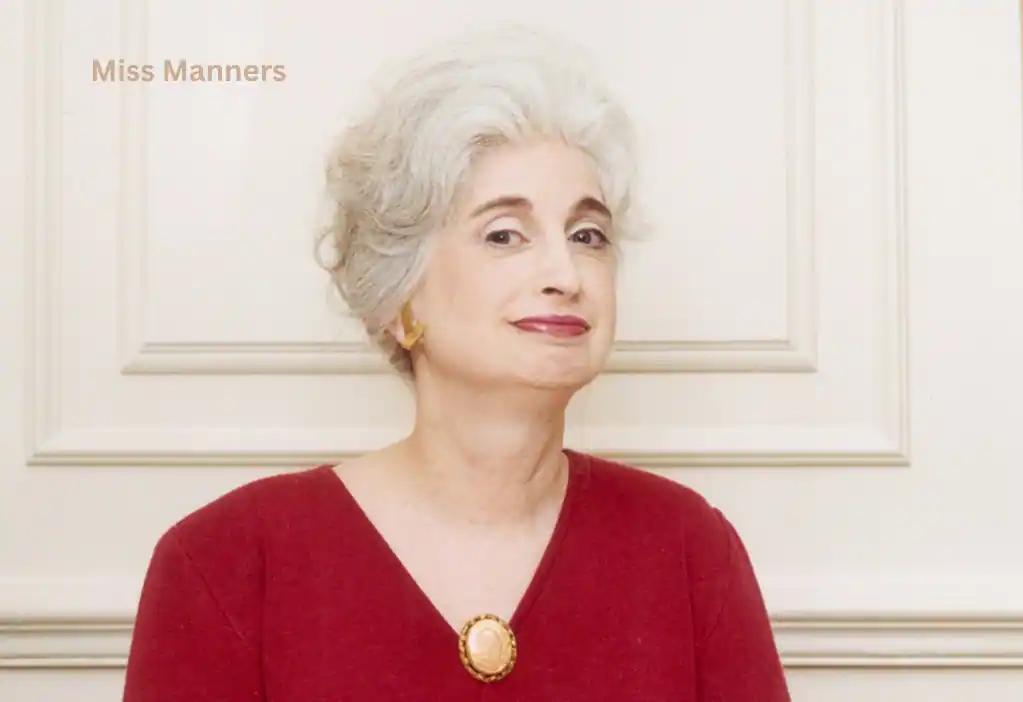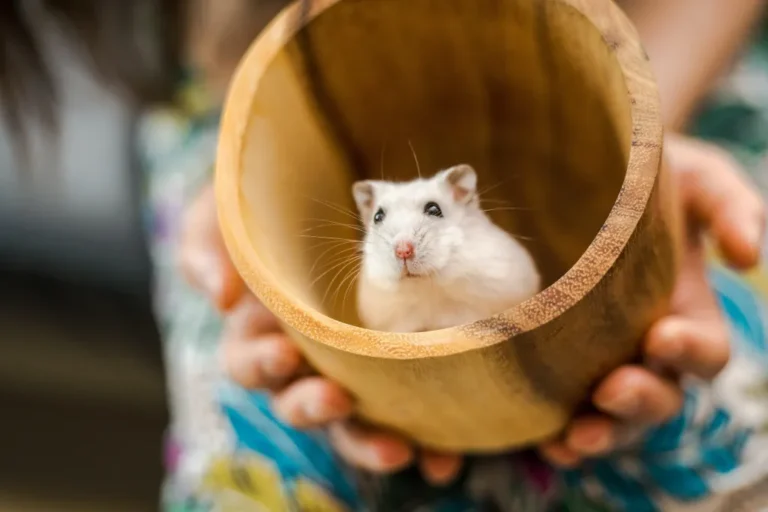
Introduction to Miss Manners and her philosophy on politeness
In a world that often feels rushed and chaotic, Miss Manners stands as a beacon of civility and grace. Known for her witty insights on etiquette and decorum, she champions the idea that politeness is more than just social nicety—it’s a powerful tool for building connections. Her philosophy emphasizes that good manners are not only about following rules but also about fostering respect and understanding among individuals. As we navigate our daily lives filled with interactions, perhaps it’s time to embrace her timeless wisdom on what it truly means to be polite. Let’s dive into the world of Miss Manners and discover how her teachings can transform our relationships and enhance our communities.
The importance of manners in society
Manners are the invisible threads that weave communities together. They create a sense of belonging and respect among individuals, fostering an environment where everyone feels valued.
In everyday interactions, simple gestures like saying “please” and “thank you” can transform a mundane encounter into something meaningful. These small acts build trust and camaraderie while smoothing over potential conflicts.
Manners also serve as social cues, guiding behavior in diverse situations. Whether at work or during casual gatherings, they help navigate complex dynamics with ease.
A society steeped in politeness tends to be more harmonious. People are more likely to cooperate when kindness is the norm. It’s not about strict rules; it’s about mutual consideration that encourages positivity for all involved.
When we prioritize manners, we contribute to a culture of empathy and understanding—qualities that benefit every layer of community life.
How politeness can positively impact relationships
Politeness acts as a bridge in relationships, fostering understanding and connection. When we choose courteous language, we create an atmosphere of respect. This encourages open dialogue and deeper conversations.
Small gestures like saying “please” or “thank you” can transform everyday interactions. They show appreciation for others’ efforts and build goodwill over time.
In both personal and professional settings, manners pave the way for collaboration. Colleagues are more likely to support one another when kindness prevails in communication.
Furthermore, politeness can de-escalate conflicts. A calm response during disagreements often leads to resolution rather than escalation.
Being polite nurtures trust. Trust is the foundation upon which strong relationships thrive—whether with friends, family, or colleagues.
Teaching children manners from a young age
Teaching children manners from a young age sets the groundwork for their future interactions. Kids are like sponges, absorbing everything around them. Instilling polite behavior early on ensures they understand the value of respect and consideration.
Start with simple concepts. Saying “please” and “thank you” should be routine, not just reminders during special occasions. Turn these phrases into fun games or songs to make learning enjoyable.
Modeling good manners is equally important. Children learn by observing adults. When parents consistently demonstrate politeness in conversations, kids naturally follow suit.
Engage them in role-playing scenarios where they can practice greeting others or sharing toys politely. This hands-on experience reinforces positive behaviors.
Praise your child when they use good manners without prompting. Positive reinforcement builds confidence and encourages repetition as they grow into respectful individuals who appreciate the power of politeness.
The dos and don’ts of polite behavior
When it comes to polite behavior, the dos are foundational. Always greet others with a smile and make eye contact. This simple act shows respect and acknowledgment.
Saying “please” and “thank you” is vital. These words create a positive atmosphere in any interaction.
Listening attentively demonstrates that you value what others have to say. Nodding or providing verbal affirmations encourages open dialogue.
On the flip side, there are clear don’ts. Avoid interrupting someone while they speak; this disrupts the flow of conversation.
Refrain from using your phone during discussions. It sends a message that you’re not fully present or engaged.
Steer clear of negative comments or gossip about others. Spreading negativity damages relationships and creates an uncomfortable environment for everyone involved.
Handling rude or impolite situations with grace and poise
When faced with rudeness, maintaining your composure is essential. Take a deep breath before responding. This pause can help prevent an emotional reaction and allow you to approach the situation thoughtfully.
Acknowledge the behavior without escalating it. You might say something like, “I noticed that our conversation has taken a sharp turn.” This can disarm the other person while showcasing your own poise.
Empathy goes a long way. Consider that they may be having a tough day. Offering understanding can sometimes shift the tone of the interaction entirely.
If things escalate or become personal, it’s perfectly acceptable to excuse yourself from the situation gracefully. A simple “I need a moment” speaks volumes about your self-respect.
By handling impoliteness with calmness and confidence, you not only defuse tension but also set an example for others around you on how to respond in similar situations.
Incorporating polite language into daily interactions
Polite language can transform ordinary conversations into memorable exchanges. Simple phrases like “please,” “thank you,” and “excuse me” create a positive atmosphere.
When speaking to colleagues, use respectful tones that acknowledge their contributions. A genuine compliment can uplift someone’s day. Instead of demanding tasks be done, ask for assistance with kindness.
In social settings, practice active listening. Responding thoughtfully shows respect and interest in others’ perspectives. Small gestures, such as holding the door open or offering your seat, communicate warmth without words.
Even digital interactions benefit from polite language. Adding pleasantries in emails helps establish a friendly tone that fosters cooperation and goodwill.
The magic lies not just in the words chosen but also in the intention behind them. By weaving polite expressions into daily life, you contribute to a culture where kindness thrives effortlessly.
The power of a simple
A simple “thank you” can brighten someone’s day. It acknowledges effort and shows appreciation. This small gesture fosters goodwill.
Politeness is contagious. When one person acts courteously, it inspires others to follow suit. A friendly smile or a nod can create an atmosphere of kindness.
Even in challenging situations, a calm response often disarms tension. Polite language softens interactions that might otherwise escalate into conflict.
Consider how a compliment can uplift spirits. Genuine words of encouragement strengthen connections and deepen relationships.
In our fast-paced world, these moments of simplicity are crucial. They remind us to pause and connect with each other on a human level.
Embracing the power of simplicity in communication transforms everyday encounters into meaningful exchanges, enriching both personal lives and communities alike.
Conclusion
Politeness is a timeless art that enriches our interactions. It fosters respect and understanding, allowing individuals to connect more deeply.
When we embrace the principles laid out by Miss Manners, we open doors to better communication. Each “please” and “thank you” becomes a thread weaving relationships together.
In a world often filled with haste and rudeness, choosing kindness makes all the difference. Simple gestures can transform an ordinary day into something memorable.
As we navigate daily life, let’s remember that manners are not just for formal occasions. They’re essential tools in everyday encounters.
By practicing politeness consistently, we contribute to a culture of respect and civility. The ripple effect of these small acts can lead to substantial change over time.
Embracing this philosophy allows us to live harmoniously within our communities while uplifting those around us with grace.
FAQS
Politeness is a powerful tool that can transform everyday interactions into more meaningful connections. By adopting the principles championed by Miss Manners, we can foster a culture of respect and kindness in our lives.
**FAQs**
What is Miss Manners known for?
Miss Manners, also known as Judith Martin, is famous for her advice on etiquette and manners. She provides insights on how to navigate social situations with grace.
Why are manners important in society?
Manners create an environment of respect and understanding. They help people communicate effectively and reduce conflicts.
How can I teach my child about politeness?
Start by modeling polite behavior yourself. Use phrases like “please” and “thank you,” and encourage your child to do the same through role-playing scenarios.
What are some examples of polite language?
Simple phrases such as “I appreciate it,” “Could you please,” or even just a warm greeting can make all the difference in daily conversations.
How should I respond to someone who is rude?
Remain calm and composed. You might choose to address their behavior politely or simply walk away from the situation without engaging further.
Can being polite really change relationships?
Absolutely! Politeness fosters trust, encourages open communication, and often leads to deeper connections between individuals.




